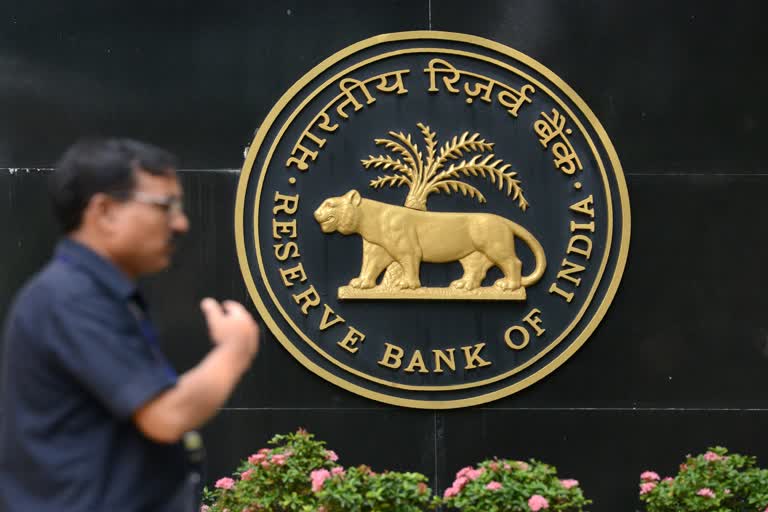Mumbai: The Reserve Bank on Monday specified five financial ratios and sector-specific thresholds for resolution of COVID-19-related stressed assets in 26 sectors, including auto components, aviation and tourism.
The Reserve Bank had on August 7 announced the constitution of a panel under the chairmanship of veteran banker K V Kamath to make recommendations on the required financial parameters to be factored in under the 'Resolution Framework for Covid-19 related Stress' along with sector specific benchmark ranges.
The circular issued by the Reserve Bank for resolution of the stressed assets on Monday is based on the recommendations of the K V Kamath committee, which submitted its report on September 4.
"The recommendations of the Committee have been broadly accepted by the Reserve Bank," the central bank said.
The lenders can take into account five specific financial ratios and the sector-specific thresholds for each ratio in respect of 26 sectors while finalising the resolution plans, the RBI said.
These key financial ratios suggested by the Kamath committee are Total Outside Liabilities / Adjusted Tangible Net Worth (TOL/ATNW); Total Debt / EBITDA; Current Ratio, which is current assets divided by current liabilities; Debt Service Coverage Ratio (DSCR); and Average Debt Service Coverage Ratio (ADSCR).
The 26 sectors specified by the RBI include automobiles, power, tourism, cement, chemicals, gems and jewellery, logistic, mining, manufacturing, real estate, and shipping, among others.
The RBI said the ratios prescribed "are intended as floors or ceilings, as the case may be, but the resolution plans shall take into account the pre-Covid-19 operating and financial performance of the borrower and impact of Covid-19 on its operating and financial performance at the time of finalising the resolution plan, to assess the cashflows in subsequent years, while stipulating appropriate ratios in each case".
Read more: Covid-19 impact: Which industries gained and which lost?
It also said given the differential impact of the pandemic on various sectors/entities, the lending institutions may, at their discretion, adopt a graded approach depending on the severity of the impact on the borrowers, while preparing or implementing the resolution plan.
The institutions will be expected to ensure compliance to TOL/ATNW agreed as per the resolution plan at the time of implementation itself, the RBI said, adding "nevertheless, in all cases, this ratio shall have to be maintained as per the resolution plan by March 31, 2022 and on an ongoing basis thereafter."
Finance Minister Nirmala Sitharaman had earlier asked banks to roll out the one-time loan restructuring scheme by September 15 to help businesses fighting the impact of the coronavirus pandemic.
Commenting on the circular, Rachit Sharma, DGM, Taxmann, said "the best part of the framework is that it is time bound and it has specified timelines for every stages of resolution plan. For instance, in order to be eligible under the framework, the borrowers will need to invoke the resolution plan not later than December 31, 2020."
Besides, Sharma said the framework provides for strict timeline of 180 days to implement the resolution plan from date of invocation and an Inter Creditor Agreement (ICA) will be required to be signed by all creditors within 30 days of invocation.
"The framework provides extension of residual tenor of the loan by a maximum of 2 years with or without payment moratorium. The moratorium, however, will be effective immediately upon implementation of resolution plan. As a measure to provide relief to the stressed asset the framework also suggests conversion of loans into securities," he said.
Atul Pandey, Partner - Khaitan & Co, said the RBI has granted much-needed flexibility to the lending institutions to adopt a graded approach for preparing a resolution plan depending on the severity of the impact on the borrowers.
(PTI Report)



